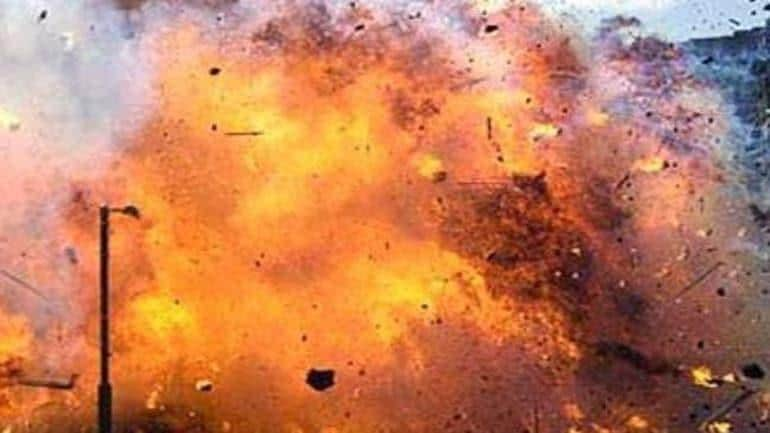Arshad Mahmood Awan
Pakistan has once again been reminded of its vulnerabilities through the tragic bombing outside the Frontier Corps headquarters in Quetta. Ten lives were lost and dozens wounded in what is being described as another episode of terrorism. Yet, to view this incident merely as a terrorist attack is to overlook its deeper political and symbolic dimensions. This was not just an act of violence; it was an assault on the state’s authority, designed to exploit the fault lines of a fragile federation.
The attack was meant to send a message. By striking at the very symbol of security in Balochistan, militants sought to demonstrate reach, intent, and defiance. In a province already scarred by insurgency, ethnic grievances, and underdevelopment, such attacks amplify the narrative of a state that cannot safeguard its people. The optics matter as much as the casualties, for every explosion is broadcast far beyond the provincial borders, raising doubts about Pakistan’s coherence as a federal state.
Militancy in Balochistan cannot be separated from geopolitics. The Tehreek-e-Taliban Pakistan (TTP) and its splinters are not only violent actors but also proxies in a broader regional contest. External powers have historically seen Pakistan’s internal instability as a lever to advance their interests. This “external hand” flourishes precisely because of Pakistan’s internal weaknesses. When grievances fester and governance collapses, hostile actors find fertile ground to wage hybrid war within Pakistan’s borders.
Islamabad’s long-standing failure to build genuine political trust with the people of Balochistan remains the crux of the problem. Economic deprivation, lack of representation, and a heavy-handed security approach have created a vacuum. In this vacuum, militant groups cloak themselves in the language of resistance, presenting themselves as defenders of rights even while acting as instruments of external agendas. The result is a vicious cycle: neglect breeds resentment, resentment creates space for militancy, and militancy feeds external manipulation.
Each attack does more than kill; it erodes the perception of Pakistan as a strong and coherent state. This erosion is arguably more dangerous than the physical destruction. Public disillusionment deepens with every incident, and narratives of a fractured federation gain traction. The Quetta bombing is therefore not only a tragedy for its victims but also a political warning sign for Pakistan’s unity.
Pakistan’s response must be twofold. First, there is an urgent need for decisive security action. Militants, their safe havens, and their financial networks must be dismantled without hesitation. The state must not allow proxies, whether domestic or foreign-sponsored, to operate with impunity. However, this security-centric approach cannot stand alone. It must be supplemented by political reconciliation and governance reform in Balochistan. Development, inclusion, and trust-building are the antidotes to militant narratives.
Equally important is political unity at the federal level. When Islamabad is divided, the signals of disarray encourage those who seek to destabilize Pakistan. National security demands consensus across the political spectrum. Political infighting, elite polarization, and policy inconsistency only embolden militants and their sponsors. A fractured political leadership translates into a weakened state posture, and Pakistan can ill afford such vulnerability at this moment.
The Quetta tragedy thus forces a sobering realization: Pakistan’s enemies exploit its divisions more effectively than its borders. The challenge is not only about defeating militants but also about addressing the political, economic, and governance deficits that sustain instability. Balochistan’s wounds cannot be healed by force alone. They demand dialogue, development, and dignity. Until the state internalizes this truth, every attack will remain both a humanitarian loss and a political crisis.
















